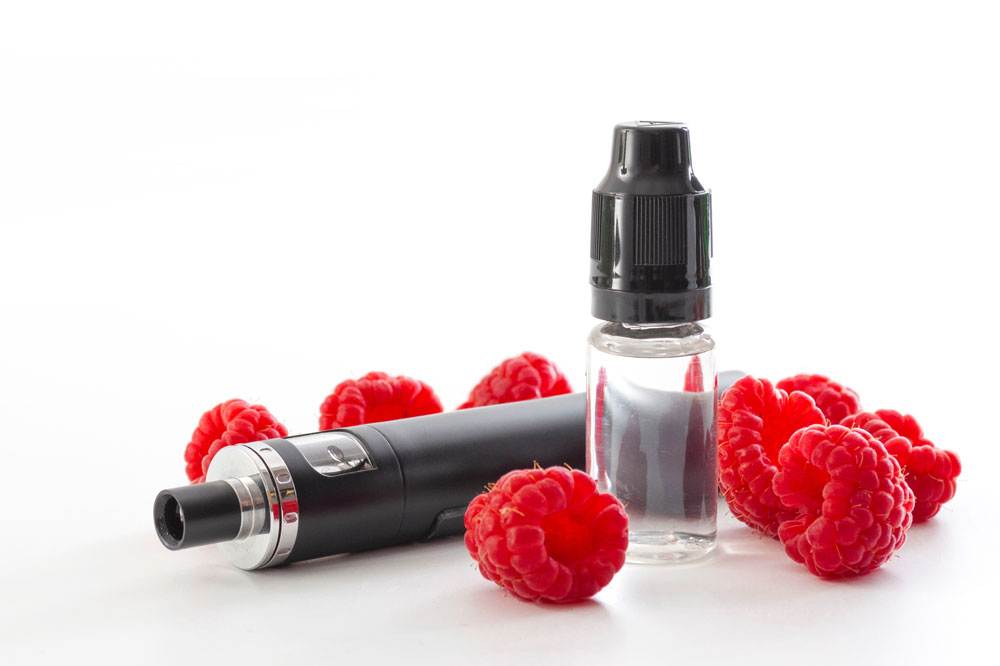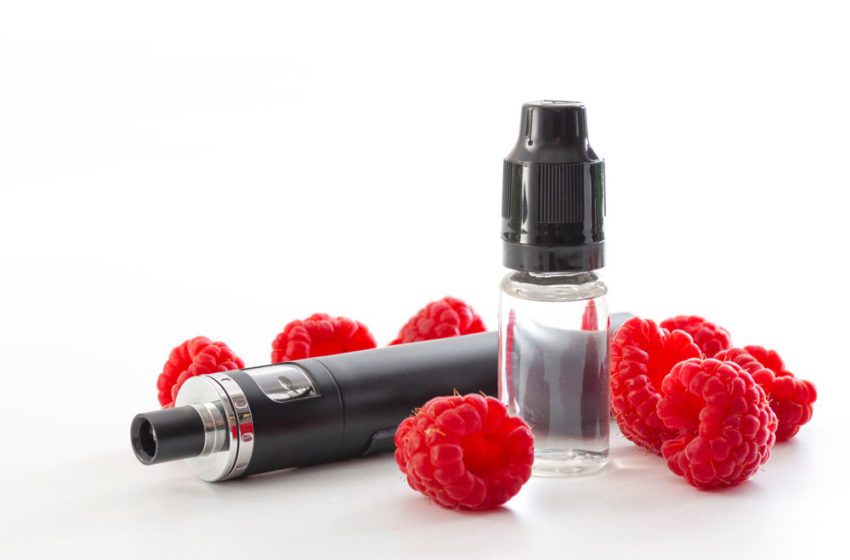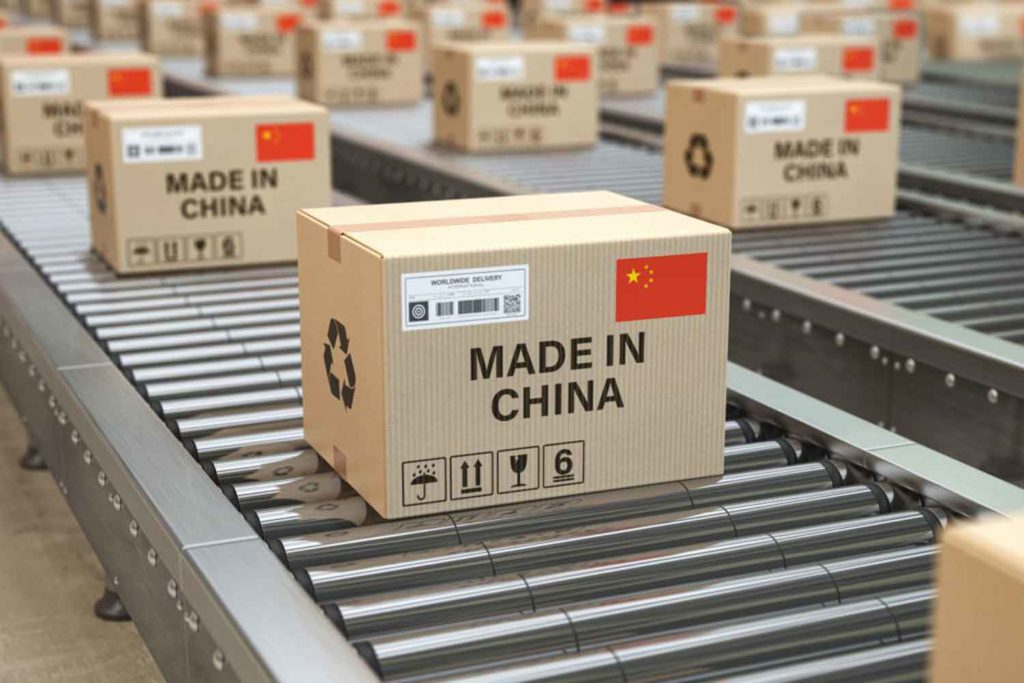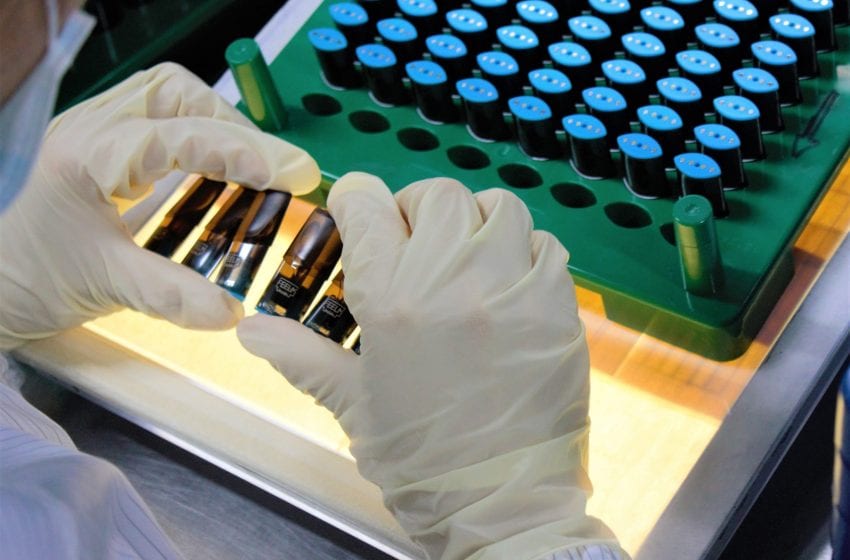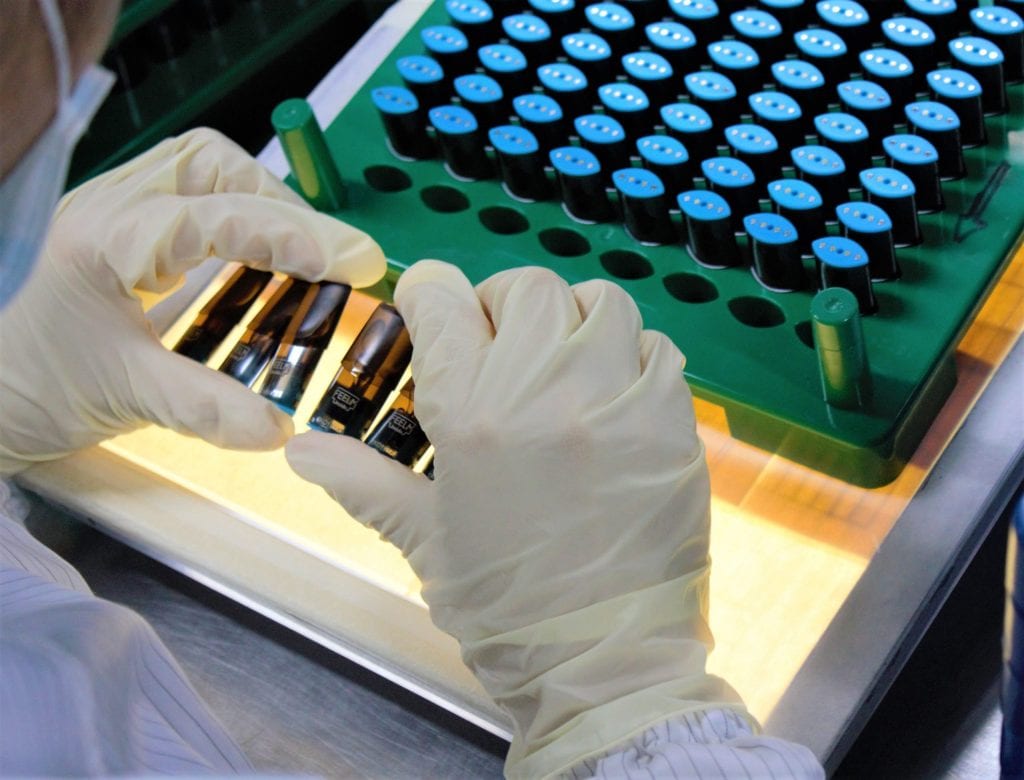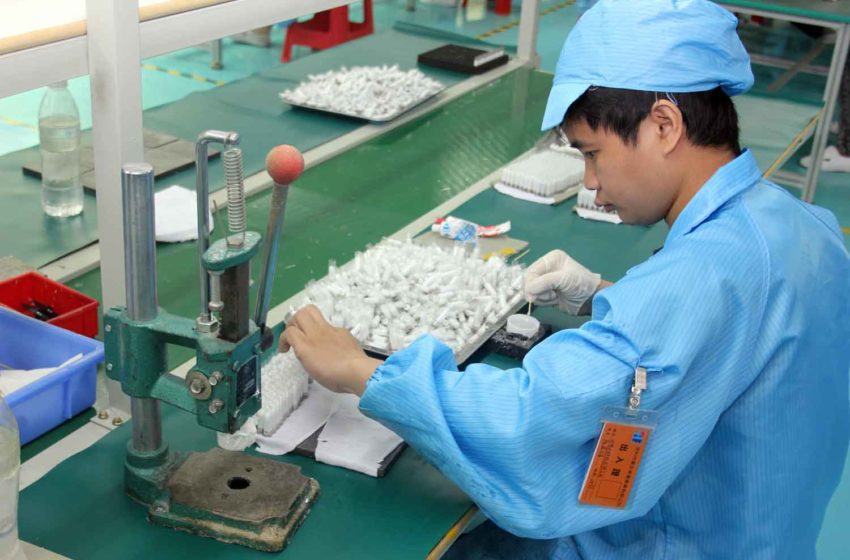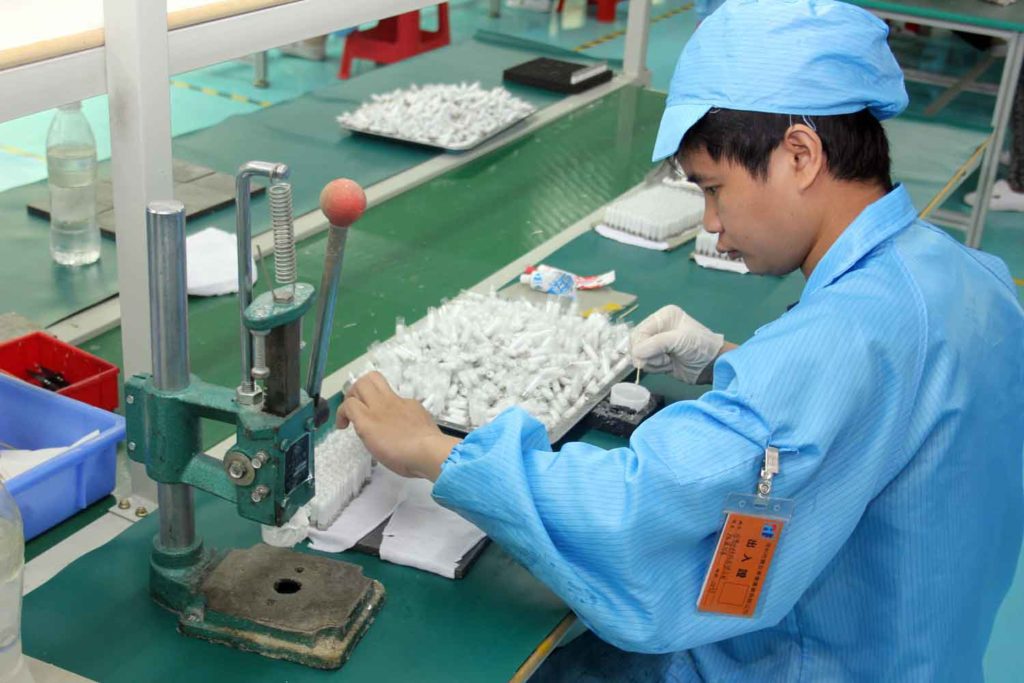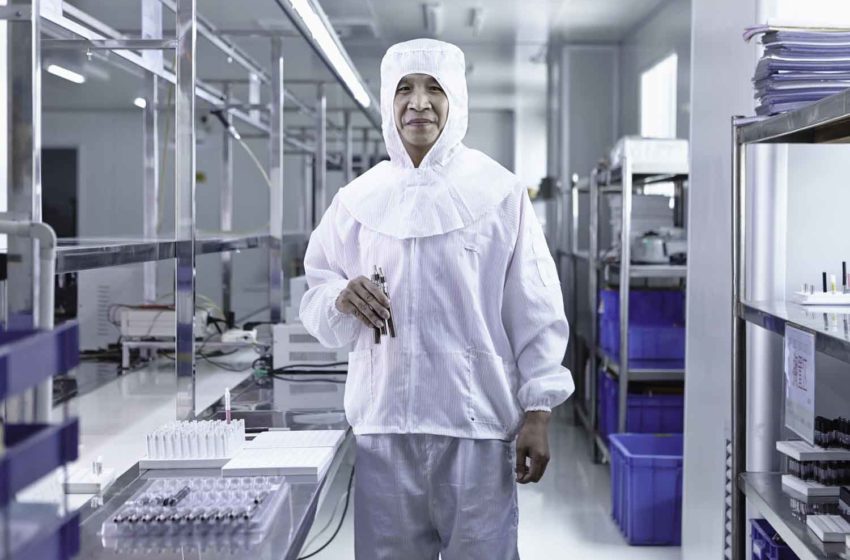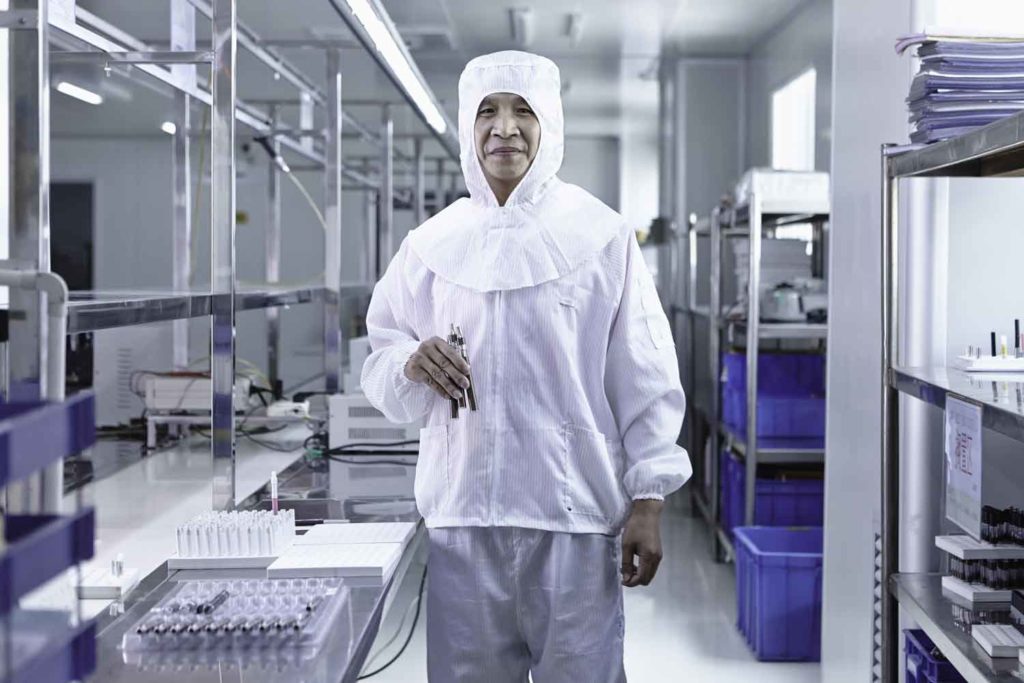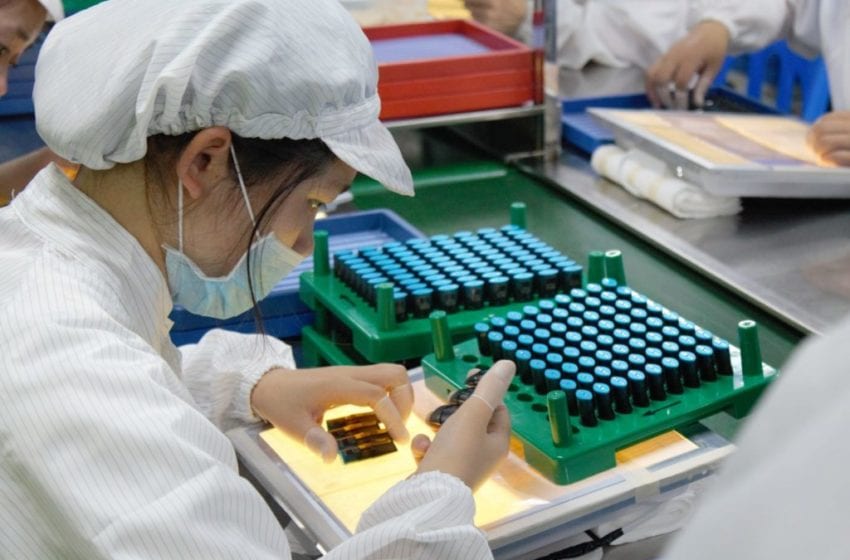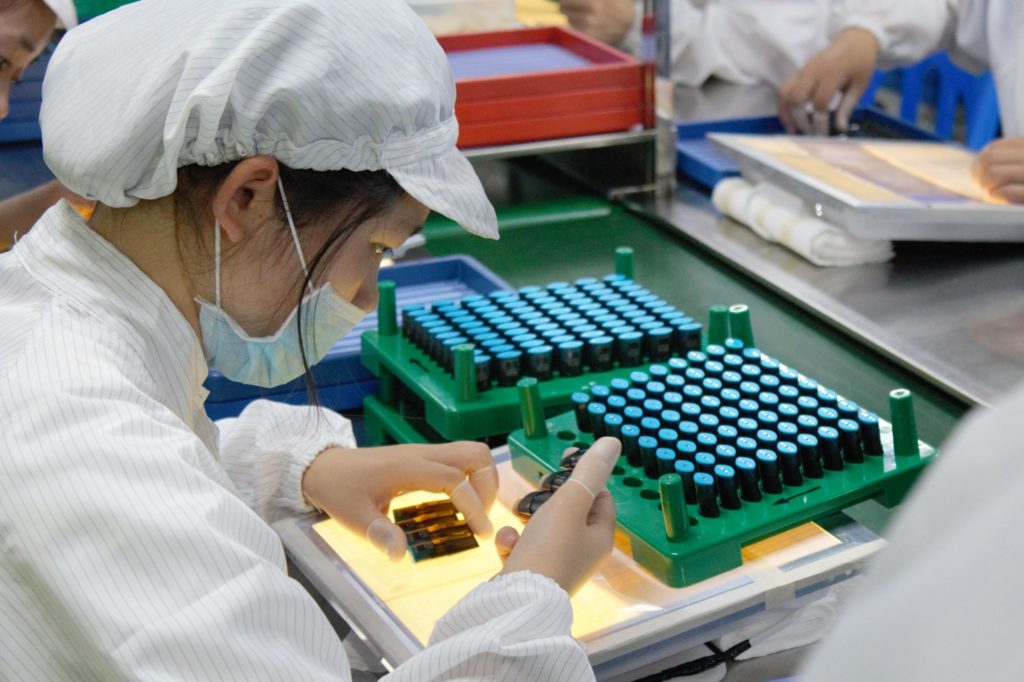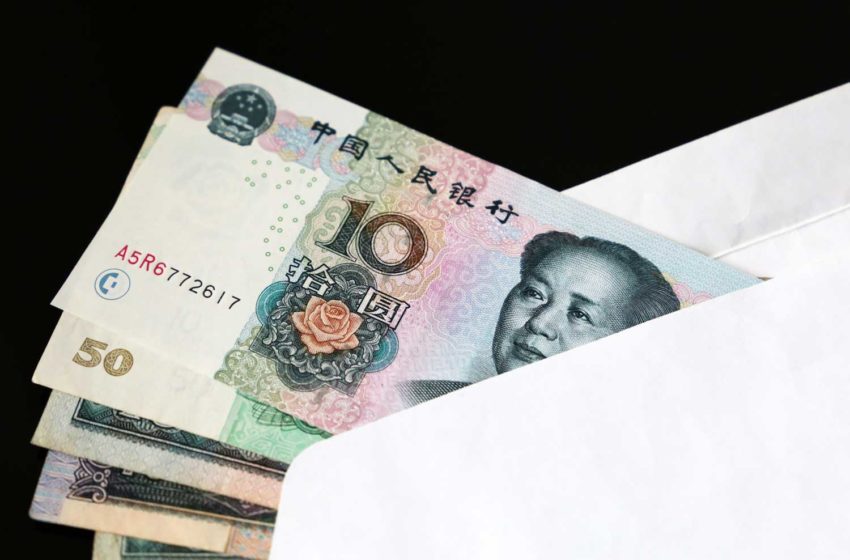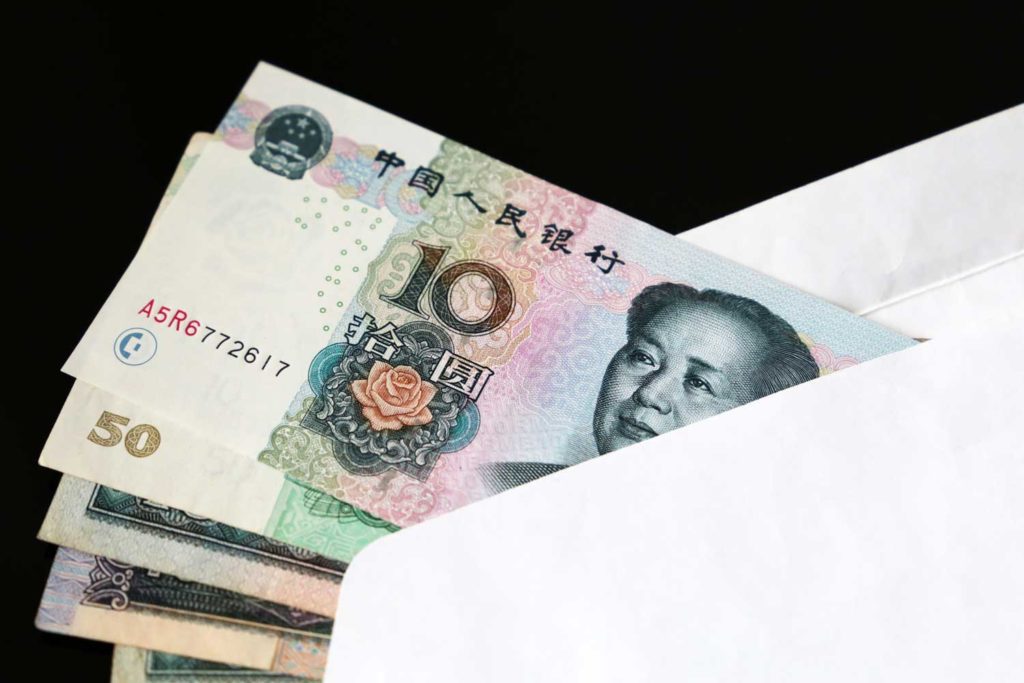China’s domestic e-cigarette market is going to look very different next year. On Nov. 27, the State Council gave the State Tobacco Monopoly Administration (STMA) jurisdiction over vapor products. Shortly after, the STMA issued draft rules for the sector.
While much remains unclear, the draft does offer some insights, according to an industry source who spoke to Tobacco Reporter’s sister publication, Vapor Voice, on the condition of anonymity because he didn’t have permission to speak on the matter.
For starters, China will allow only closed pod systems with tobacco-derived nicotine and tobacco-derived nicotine salts. Flavors will be permitted, and cartridges can’t leak, according to a translated copy of the proposed rules.
Unlike some other countries, China will allow only tobacco-derived nicotine. The rules do not allow for a synthetic nicotine. “Nicotine extracted from tobacco should be used, and the purity should not be less than 9 percent,” the standards state. “Benzoate, tartrate, lactate, levulinate, malate and citrate of nicotine are allowed, and nicotine for preparing the above nicotine salts shall meet the requirements of [the previous statement].”
However, synthetic nicotine will still be allowed in products for export. What isn’t clear is if that synthetic nicotine must be shipped into China premixed in PG and/or VG and held in bond or if a pure synthetic can be imported.
“There’s no legal imports of nicotine as far as we can tell,” the Vapor Voice source said. “There’s seems to be no leeway for legal imports of a pure synthetic nicotine. However, we think if people import e-liquids with nicotine as a certain percent of that, that’s okay.”
“We don’t know if it’s 10 percent or 20 percent and it can only be brought into the country to be manufactured for re-export—that appears to be okay. That is just how we are interpreting the rule though, maybe someone else is seeing it differently.”
It also seems that the proposed rules also do not allow for a company to import finished vaping products into China and then sell them domestically without having a license and being registered with STMA. However, the country will continue to encourage exports, and wants domestic manufacturers to develop markets overseas.
“What they’ve really done is they’re clamping down on anything that is destined for the domestic market,” the source said. “They’ve also tapped into the tax department. Any time a manufacturer wants to manufacturer an e-cigarette or parts for an e-cigarette, they have to have a local representative from the taxation bureau there. And each day’s production that they run, they have to pay tax on those products at the end of that day. They’re clamping down in terms of what people can do as well as trying to ensure that they collect relevant taxes from all the manufacturers.”
Chinese vapor manufacturers are still waiting to understand what needs to be done officially for a company to produce vaping products for either the international or domestic market. “We’re still waiting on that,” the source told Vapor Voice.
“The important piece isn’t the product standards. What I’m really interested in is the registration process, who’s allowed to do what, who has to issue licenses, because now there’s an emergency management bureau involved, not just STMA, so it’s a lot of people. We’re also trying to figure that piece out.”
China’s product standards do clarify what types of products China will allow domestically. The country will only allow closed-pod systems to be sold, stating that “devices and cartridges using e-liquid should have a closed structure to prevent artificial filling.”
Additionally, while flavors are approved only under a “temporary permit for additive in e-vapor matter” and any substance or flavor not listed “shall be used only after being proved to be safe and reliable by risk assessment,” the standards state. The listed additives include flavoring extracts such as coffee, cocoa, prune and vanilla bean.
The standards allow for a maximum of 20 mg nicotine per milliliter (mL).
The outlook for China’s domestic manufacturers the outlook is grim, according to the Vapor Voice source. While international players will likely survive, they are confused about what will expected when the rules are finalized.
In Shenzhen, the capital of global vapor manufacturing, the industry is said to be in a state of shock. “Everybody, from big to small, is scrambling to try and find out how this relates to them,” the source said. “They all have to register immediately with State Tobacco Monopoly to continue doing business. They have to register what they’re going to be manufacturing, what their exports are, where they are going. It’s a complete disaster.”
